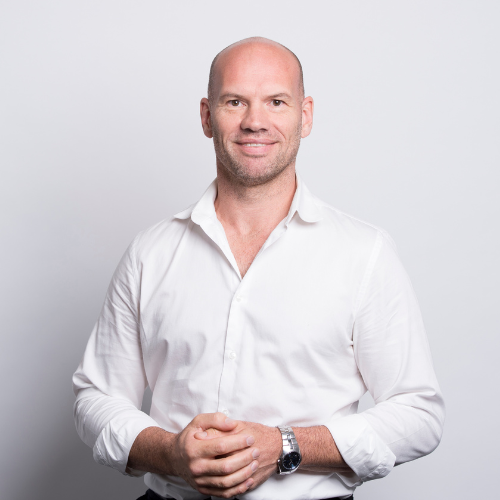Long COVID & men’s health! Males & females are different, but too often gender differences are overlooked by medical researchers & practitioners.
Question
What do we know about long COVID and men’s health?
Answer
There’s no doubt that being male is a disadvantage when it comes to COVID-19. Men are 18% more likely than women to suffer severe disease, 35% more likely to be admitted to an intensive care unit, and 50% more likely to die from COVID-19[1]. For every 1000 Australian males with COVID-19, 3 have died; for females, there are 2 deaths per thousand COVID-19 cases.
The good news in these figures is that 99.75% of Australians who contracted COVID-19 survive.
As the number of COVID-19 survivors has increased globally, we have noticed some people experience persisting symptoms for weeks and months. This post-COVID-19 syndrome, which we have come to know as long COVID, has emerged as a worrying consequence of the disease.
Long COVID is characterised by more than 50 symptoms that persist longer than one month[2] and it affects around 10% of people who have had COVID-19[3]. You’re more likely to have long COVID if you are older or have more severe COVID-19.
Unlike COVID-19, long COVID is more of a problem for women than men. Women with long COVID outnumber men by about four to one4. The reason for this gender difference is unknown but might be related to differences in immune function between males and females. COVID-19 probably causes long term changes in the immune system, which have a greater effect in women than men. This would be consistent with what we know about autoimmune diseases like lupus, arthritis, and asthma, which become increasingly prevalent in women as they age.
We all know that males and females are different, but too often gender differences are overlooked by medical researchers and practitioners. If we look closely enough, the different health outcomes of SARS-CoV-2 infection in men and women might help us to minimise COVID-19 severity in men, and decrease the prevalence of long COVID in women.












